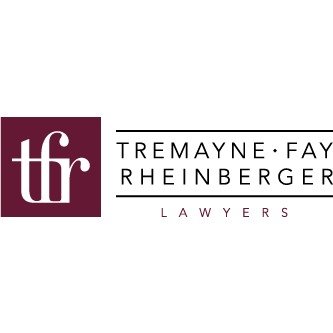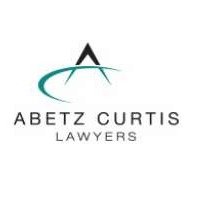Best Premises Liability Lawyers in Hobart
Share your needs with us, get contacted by law firms.
Free. Takes 2 min.
List of the best lawyers in Hobart, Australia
About Premises Liability Law in Hobart, Australia:
Premises liability in Hobart, Australia, essentially falls under the larger field of personal injury law. This area of law governs situations where accidents occur due to unsafe or defective conditions on someone's property. The property owner may be held legally responsible if it is found that their negligence led to the injury.
Why You May Need a Lawyer:
Engaging a lawyer can be instrumental in circumstances such as when you are injured on another person's property due to their negligence, or when someone is injured on your property and asserts you are negligent. A lawyer can guide you through the complicated legal processes, help you gather compelling evidence, and represent your interests in court or during settlement negotiations.
Local Laws Overview:
In Hobart, as per Tasmanian law, the owner or occupier of a property has a duty to ensure that anyone entering the property is reasonably safe. However, it is key to note that liability isn't automatic - it must be proven that the property owner was aware, or should have been aware, of the hazard and did not take reasonable steps to rectify it. Here, legal interpretations of 'reasonable' often play a crucial role.
Frequently Asked Questions:
1. What is considered premises in premises liability?
Premises refer to any type of land or structure on that land, including homes, apartments, business places, public areas like parks and/or municipal properties.
2. What must I prove to win a premises liability case?
You must show that the property owner owed you a duty of care, that this duty was breached, the breach resulted in your injury, and that you have suffered damages as a result.
3. What are some examples of premises liability cases?
Examples could include slip and fall accidents, swimming pool accidents, incidents involving inadequate maintenance of the premises, fires, inadequate building security leading to injury or assault, and dog bites.
4. Does premises liability cover trespassers?
Generally, a property owner's duty of care does not extend to trespassers. However, specific circumstances may compel the property owner to provide a duty of care to trespassers as well in Tasmania.
5. How long do I have to make a premises liability claim?
In Tasmania, the usual statute of limitations for personal injury claims, including premises liability, is typically 3 years from the date of the injury.
Additional Resources:
The Legal Aid Commission of Tasmania provides free advice and conducts workshops on legal matters, including premises liability. The Law Society of Tasmania and the Hobart Community Legal Service are other resources where you may find information and assistance.
Next Steps:
If you believe you have a premises liability claim or are defending against one, it is advised that you engage a lawyer specialising in personal injury law. They can provide a thorough initial consultation, guide you through the requirements of your claim, and assist in gathering evidence to build your case effectively. Do remember to act promptly to ensure you do not exceed the statutory time limit for making a claim.
Lawzana helps you find the best lawyers and law firms in Hobart through a curated and pre-screened list of qualified legal professionals. Our platform offers rankings and detailed profiles of attorneys and law firms, allowing you to compare based on practice areas, including Premises Liability, experience, and client feedback.
Each profile includes a description of the firm's areas of practice, client reviews, team members and partners, year of establishment, spoken languages, office locations, contact information, social media presence, and any published articles or resources. Most firms on our platform speak English and are experienced in both local and international legal matters.
Get a quote from top-rated law firms in Hobart, Australia — quickly, securely, and without unnecessary hassle.
Disclaimer:
The information provided on this page is for general informational purposes only and does not constitute legal advice. While we strive to ensure the accuracy and relevance of the content, legal information may change over time, and interpretations of the law can vary. You should always consult with a qualified legal professional for advice specific to your situation.
We disclaim all liability for actions taken or not taken based on the content of this page. If you believe any information is incorrect or outdated, please contact us, and we will review and update it where appropriate.











